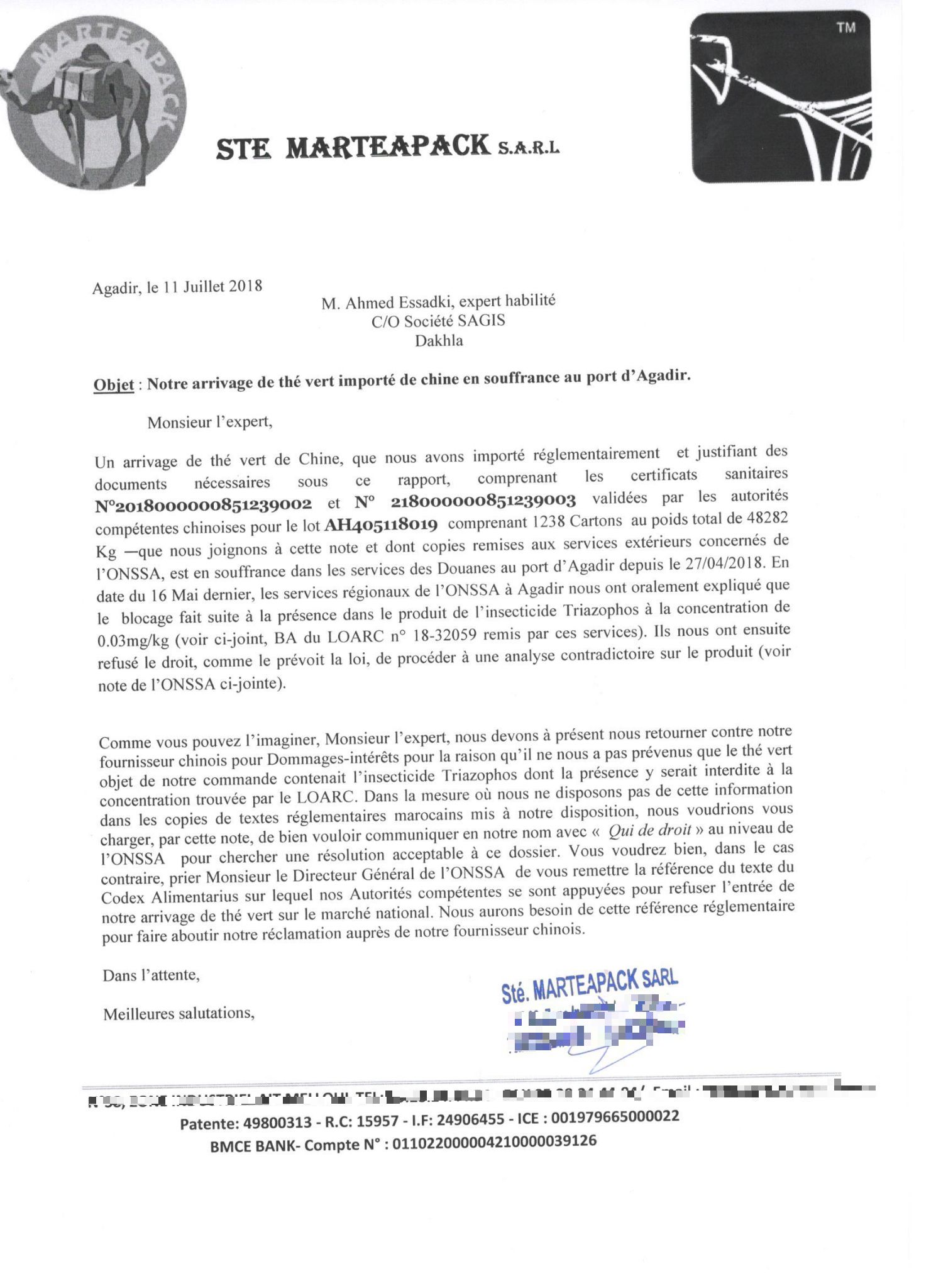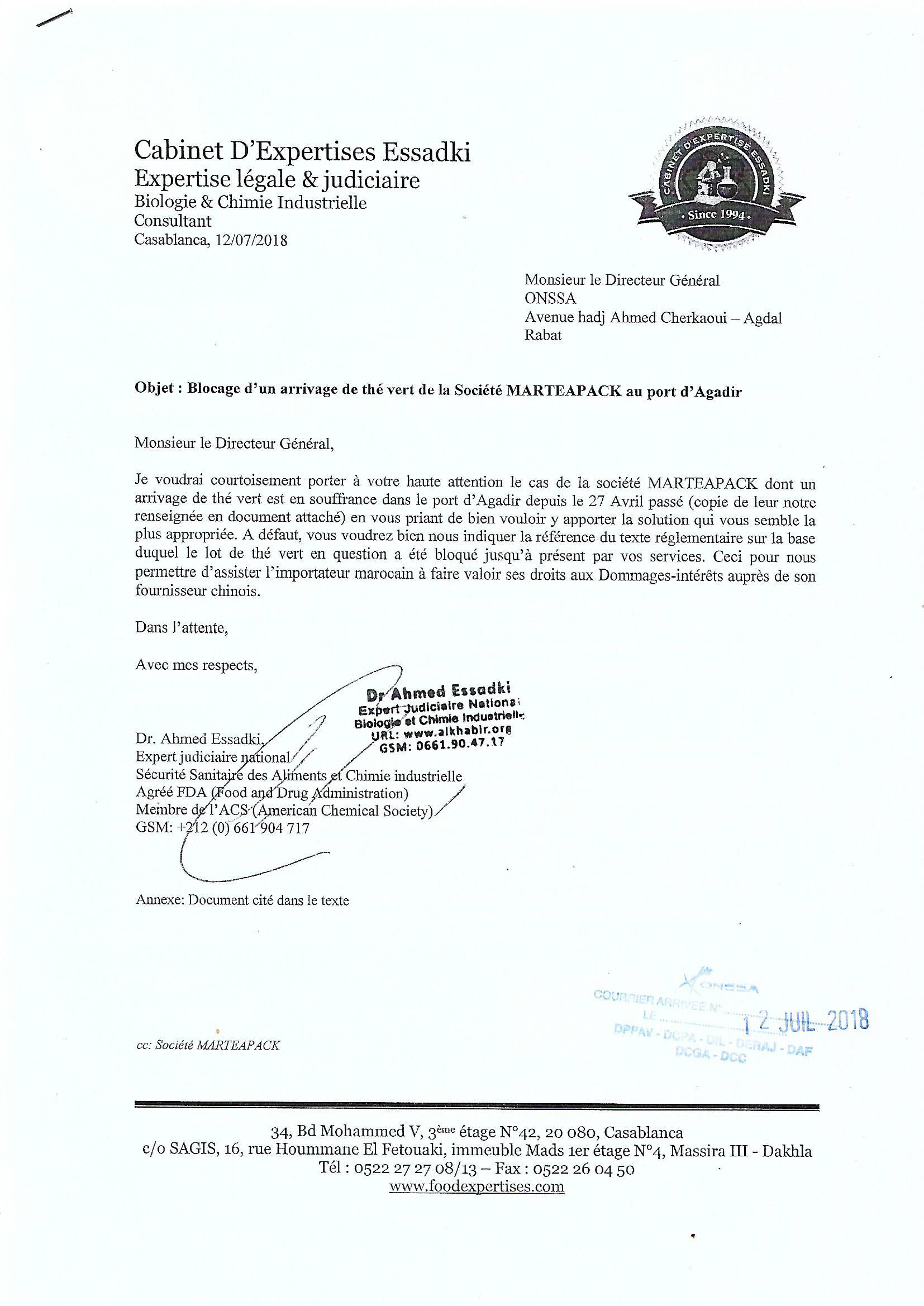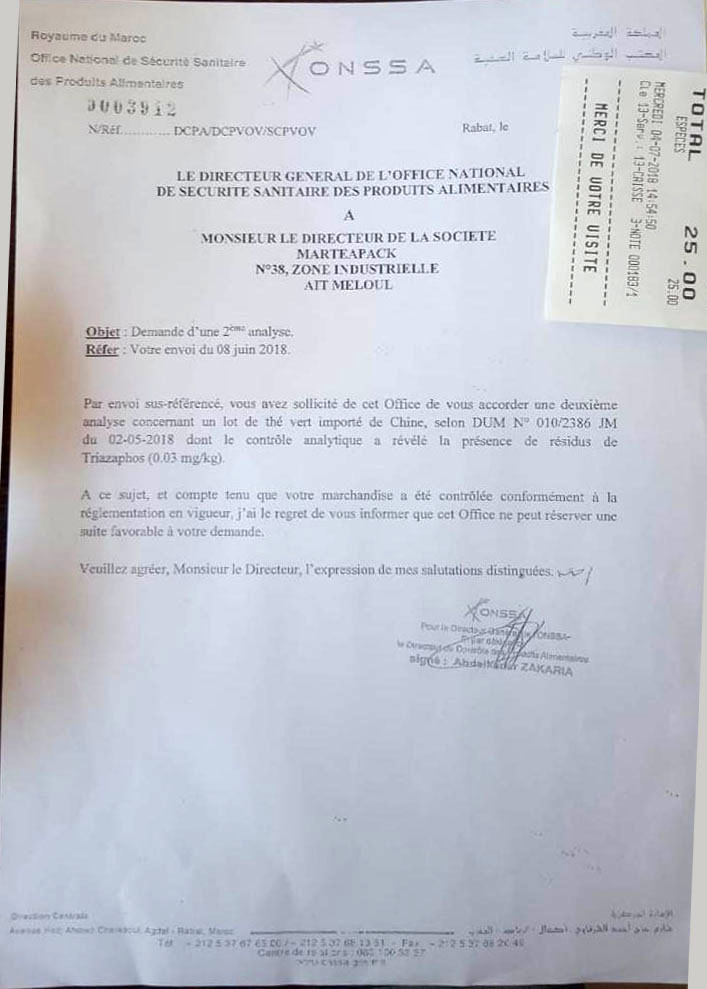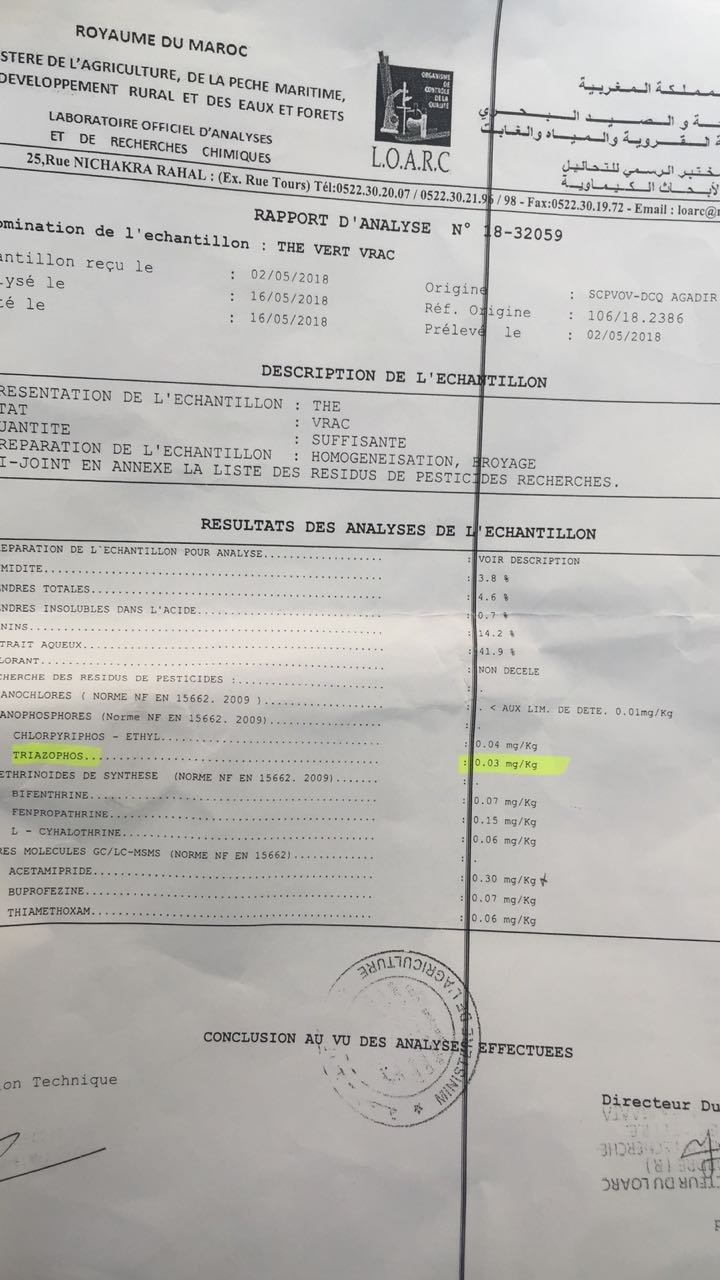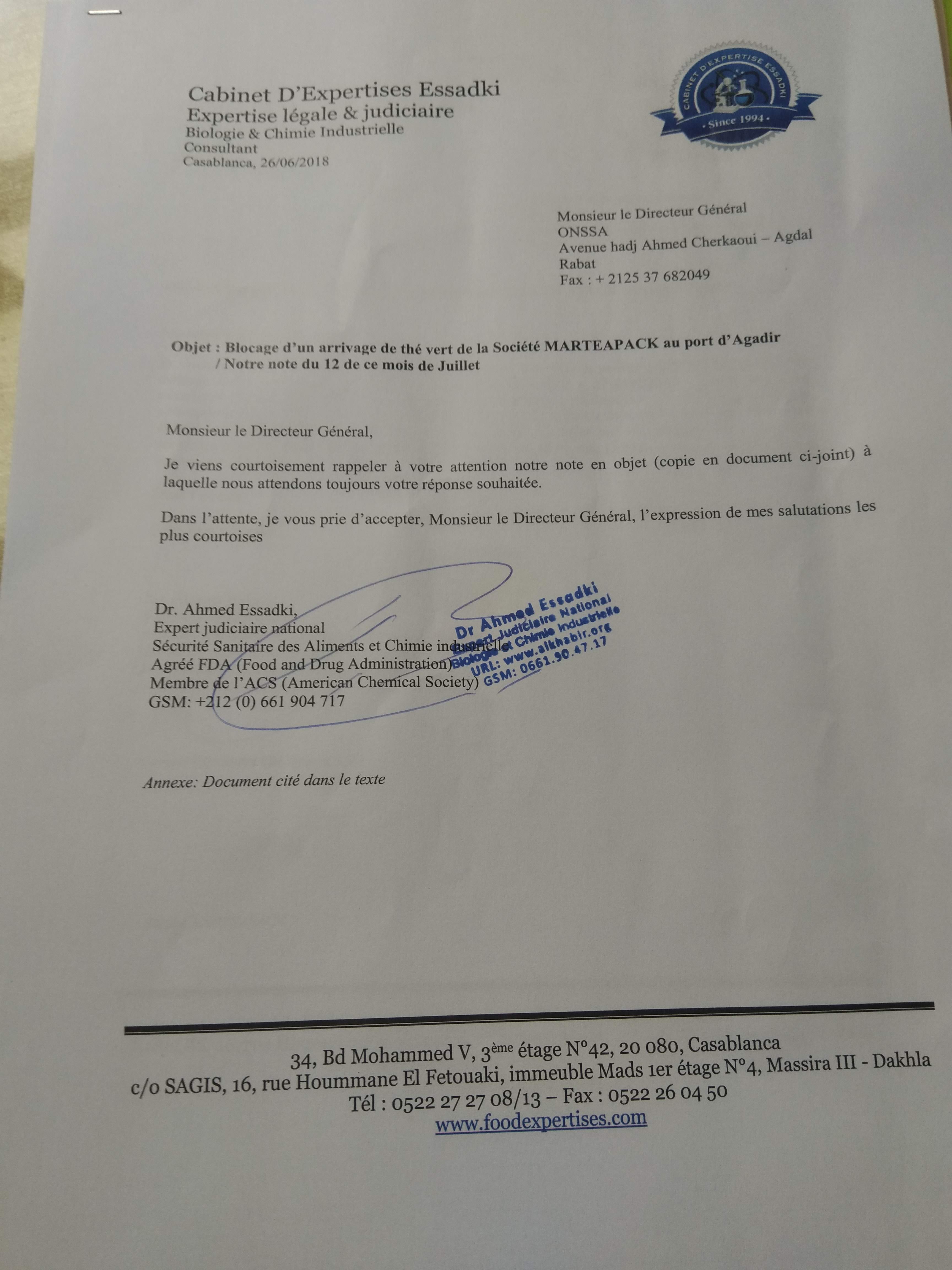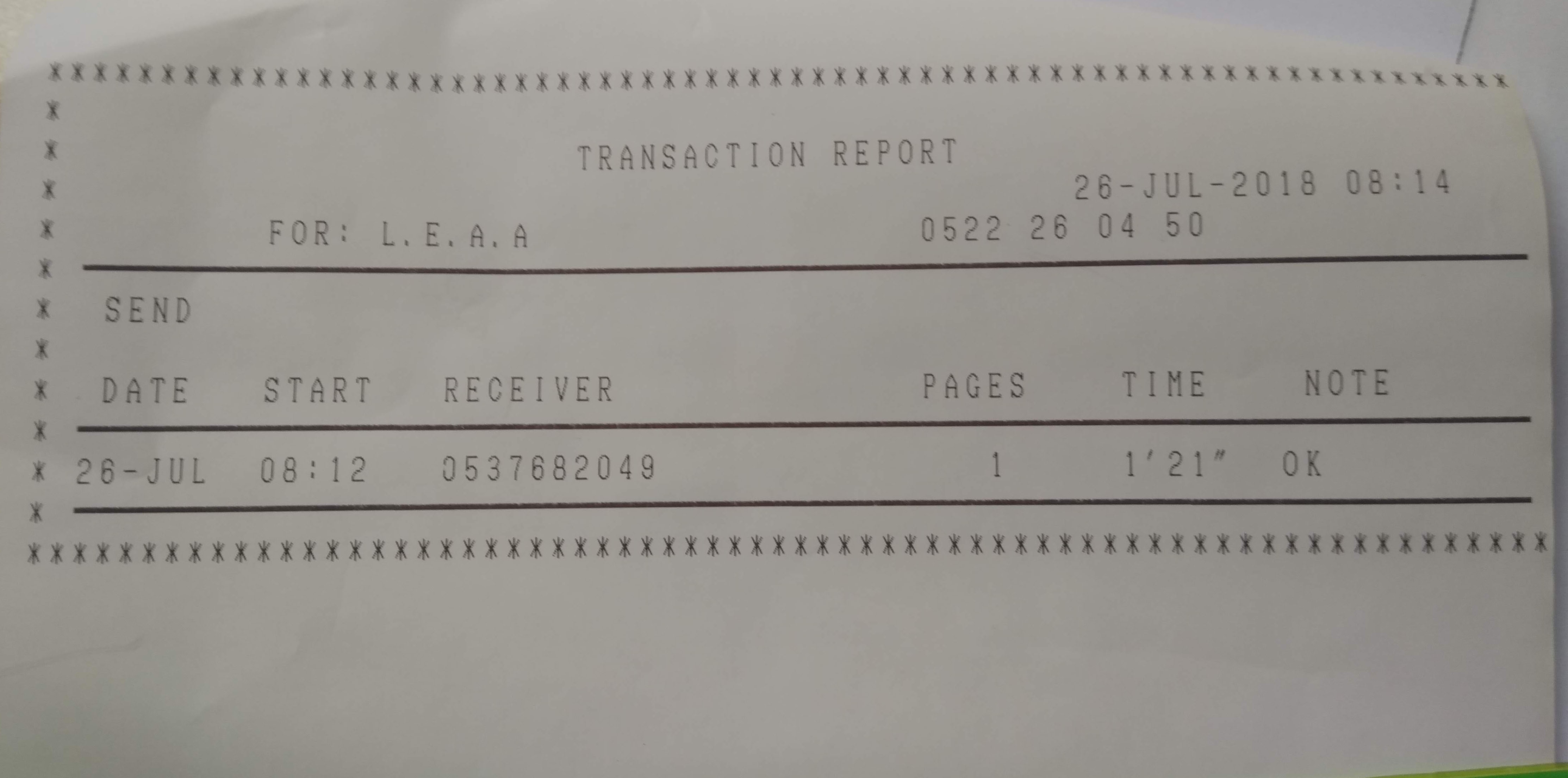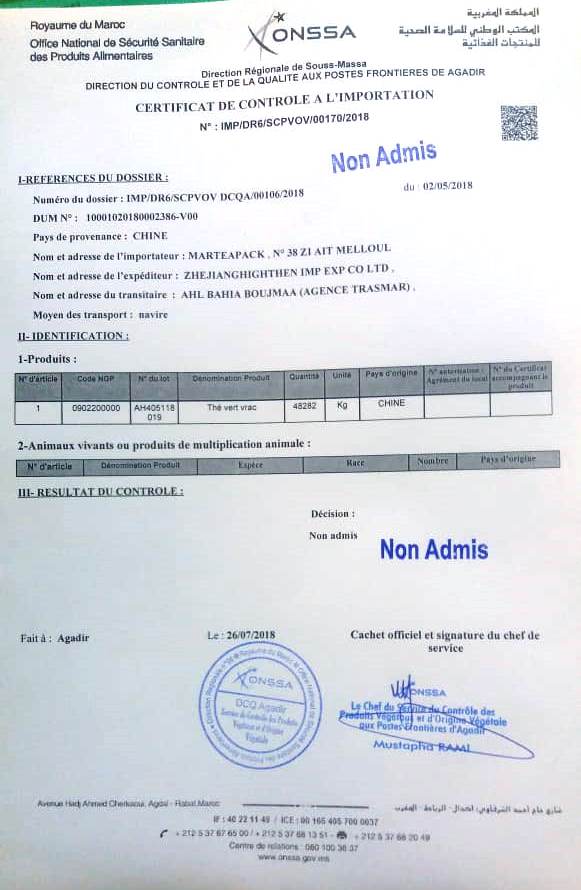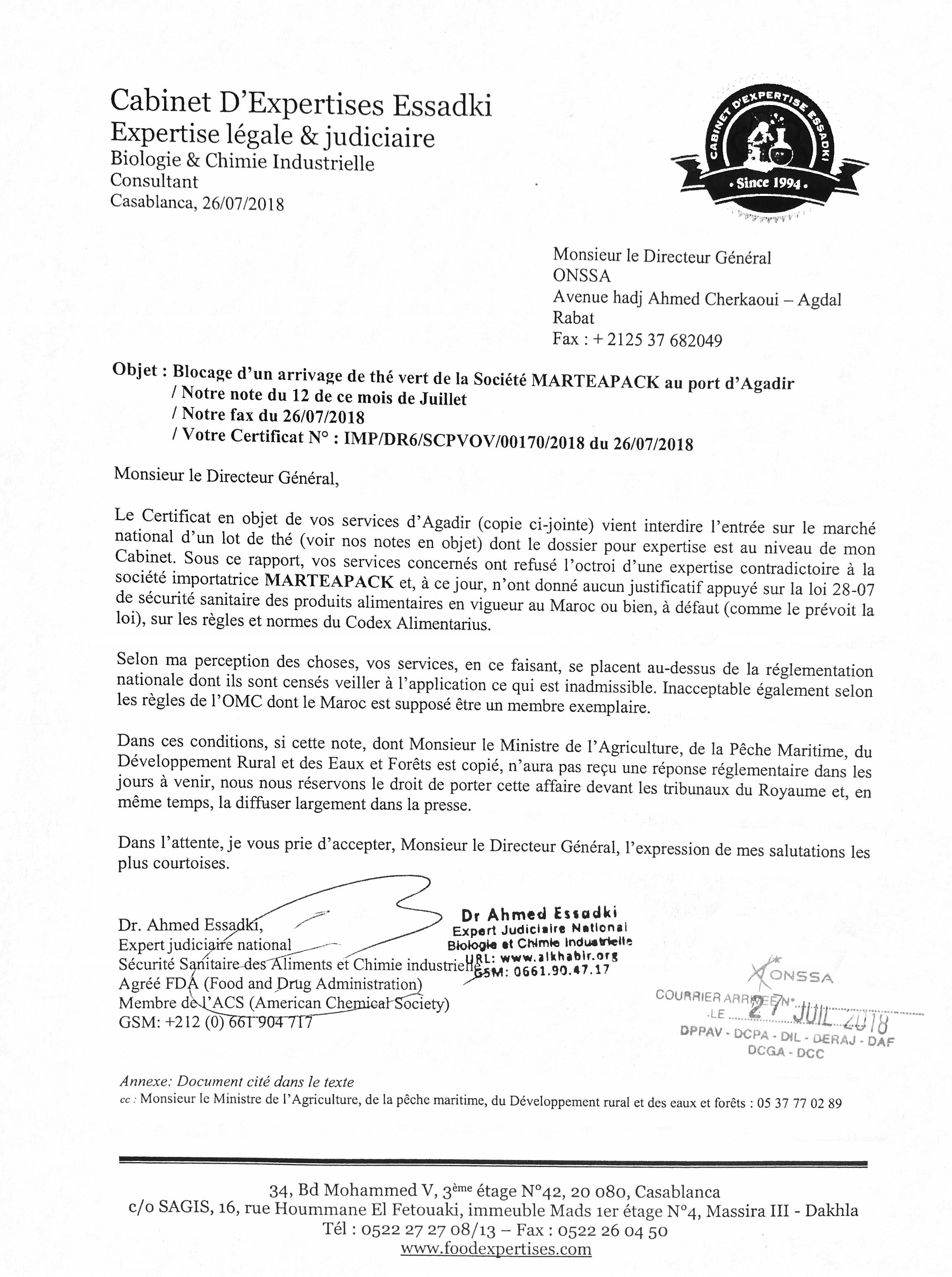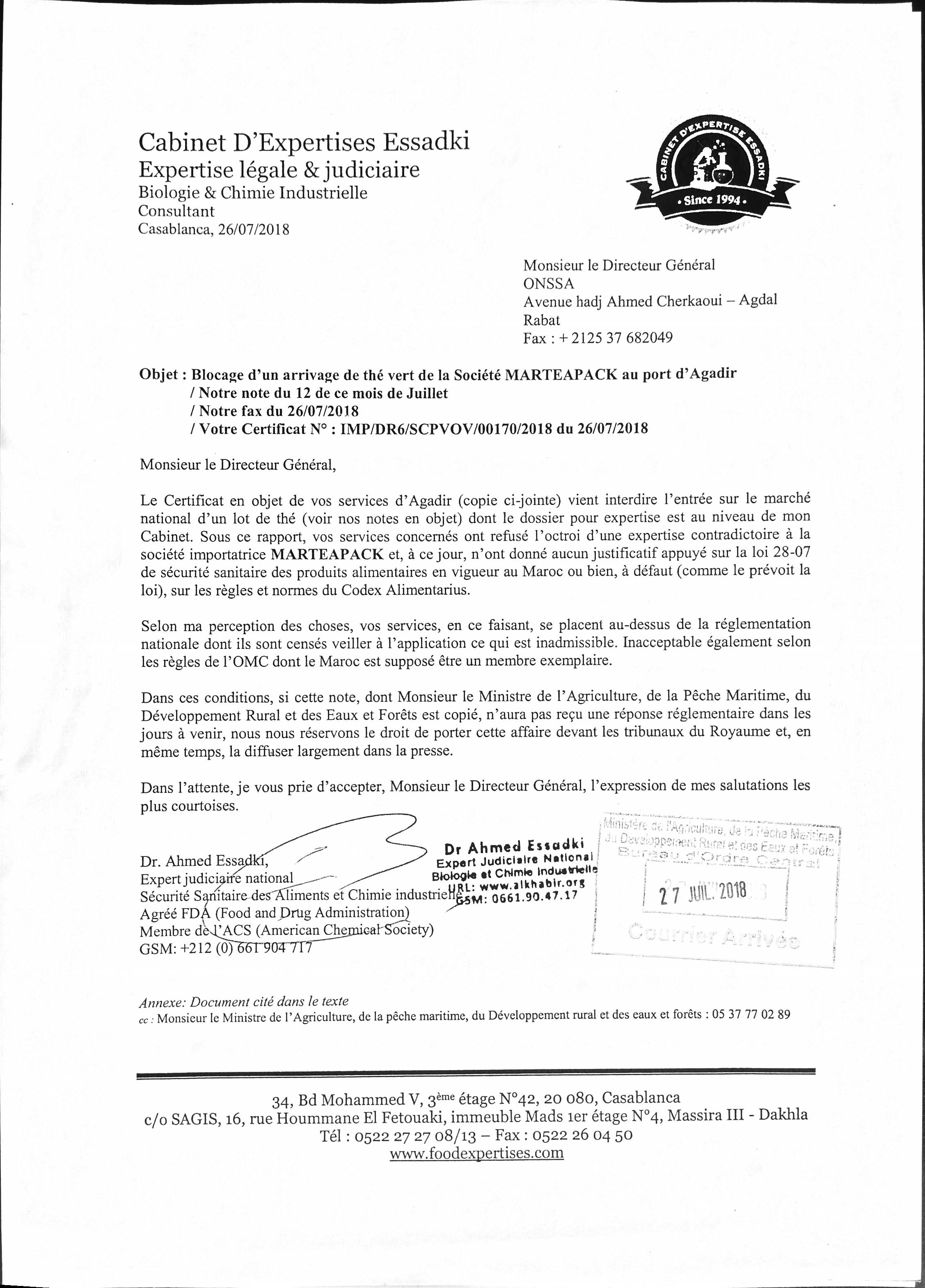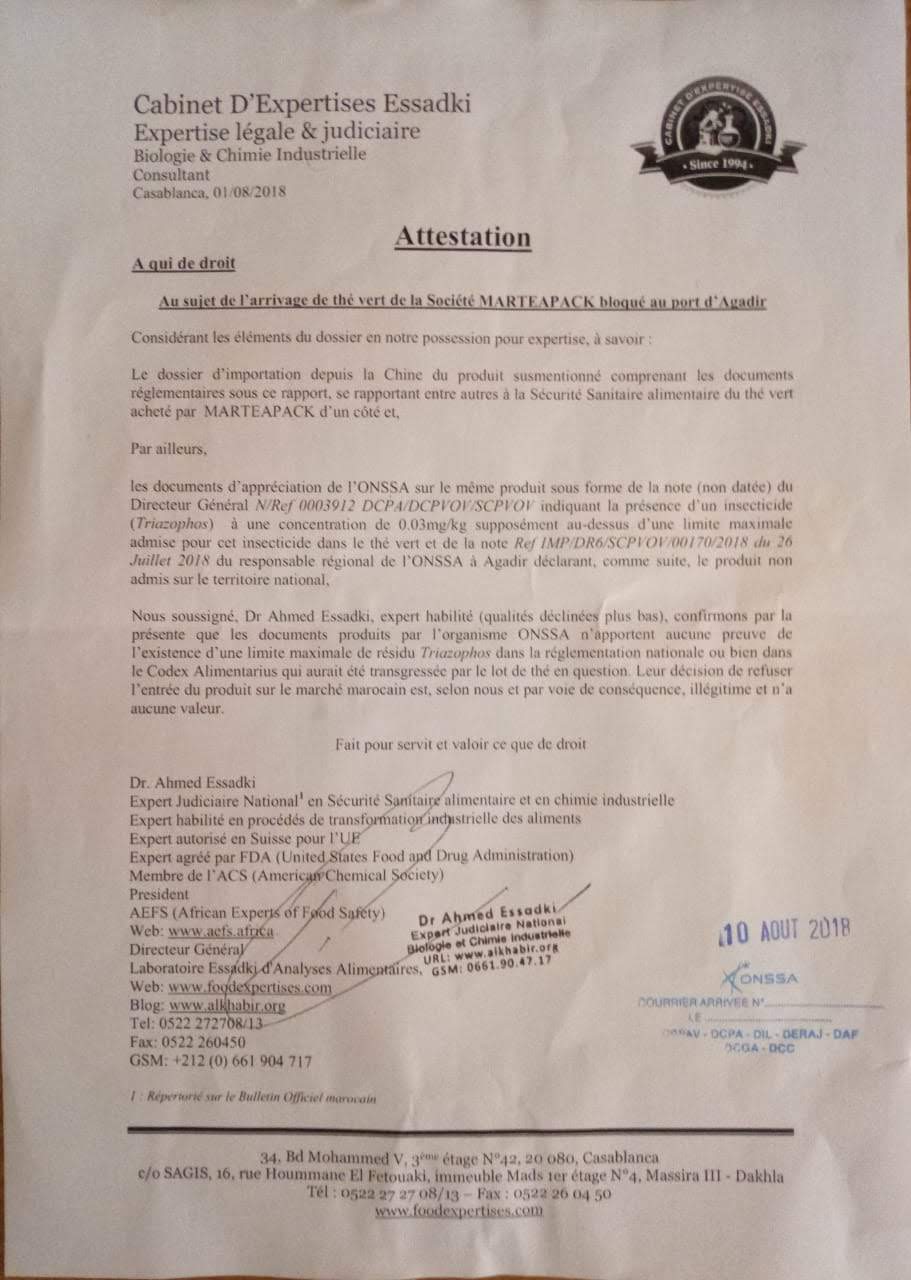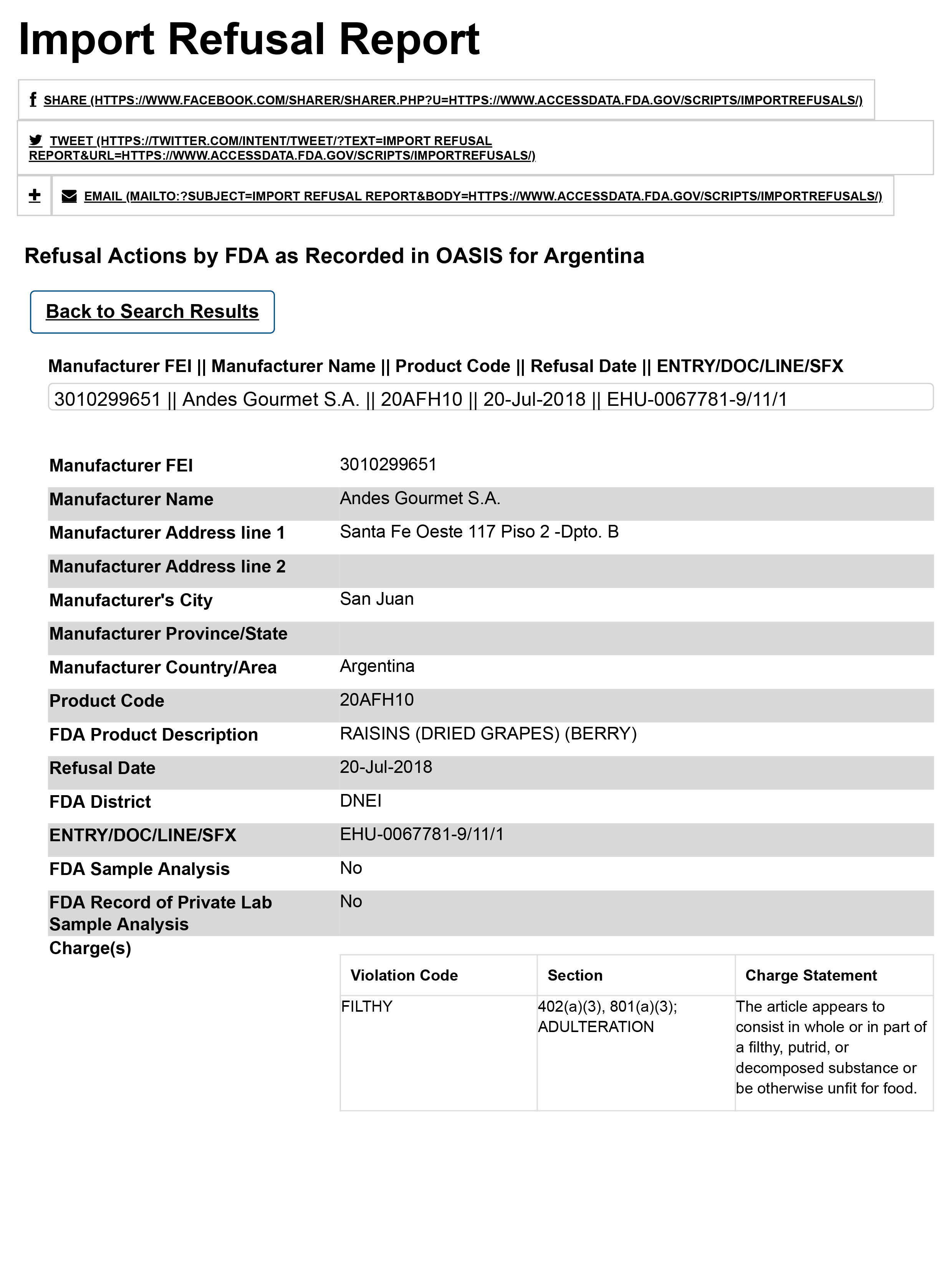The FDA, US Food and Drug Administration (only its role in food control will be considered in this article), has recently started work with the new Food Safety Modernization Act (FSMA). The application continues to be the subject of consolidation measures. The FSMA is undoubtedly the new Paradigm that will affect the way we approach food safety management in the decades to come. It is the culmination of the Federal Agency’s continuous efforts over more than a century to adapt the approach to food safety control to the food trade, which is becoming more complex year-on-year in parallel with the globalization of trade. The law introduces a considerable relaxation of administrative procedures and, at the same time, greater accountability of private operators to the new regulations.
The efforts mentioned started at the beginning of the last century. FDA inspectors at the time used to go through food outlets, including fairground markets, to take samples and carry out laboratory tests on which the previous control system called “Sampling Control” was based. But among the shortcomings of this control practice, revealed afterwards, is the fact that between the time of sampling and the exit of the analyses, the goods are still on sale and, in the event of a health problem, consumers are likely to pay the price and potentially suffer. Taking into account these weaknesses of the aforementioned control system, also applied to drugs at the time, coupled with the occurrence of fatal incidents, led the FDA to implement the 1938 regulation which required operators to ensure the safety of their product before placing it on the market. Subsequently, this law was amended on several occasions, which is to say at the appearance of each health incident requiring consideration in law. For this reason, the law based on “Sampling control” is qualified as reactive.
HACCP (Hazard Analysis and Critical Control Point), as a food safety control approach, has been hailed as the first attempt to prevent incidents before they materialize. As a corollary, the laboratory analyzes mentioned above represent only one facet of the current control system.
But before the US crowning of the HACCP as a reference tool of appreciation of the quality of work in the units of production, there are about thirty years, the first applications of its use had already seen the day first in the cases of so-called “LACF” and “AF” products. These two food categories have been the two main gateways for food products exported to the US market since the 1970s.
In the case of “LACF” products, for “Law Acid Canned Food”, the rule is that these canned foods are heat-treated to destroy the Botulism bacteria that has been the cause of several fatal incidents in the USA until the early seventies (before the application of the “LACF” rules). The “LACF” regulation is essentially for products sterilized by autoclave. For price considerations of autoclaves, including ancillary items (crimping equipment, maintenance contracts etc.), Moroccan operators, very often small, are far from competitive in the US market for this type of products. Canned sardine exports in the past may be considered an exception that is subject to particularly favorable circumstances.
Foods known as “A / F”, for “Acidified Food”, are acid, or acidified, products (pH 4.6 or lower). Since pathogenic bacteria, of Botulism in particular, do not develop in such a medium, a moderate heat treatment is sufficient for such types of products also called “Pickles”. Italians in particular, but also Spaniards and some Eastern European countries, have heavily invested in this sector to have very competitive technologies. For the moment, this is not yet the case for Morocco. The result is that these people are buying our targeted raw materials (olives, capers, tomatoes and others), processing them in their units and exporting these “Pickles” to the US market at prices we cannot immediately follow. This leaves us, regarding the two “doors” mentioned above, with the only possibility to sell our raw materials in bulk and make small profits while the above mentioned intermediaries prepare our products according to accessible technologies and resell them under our eyes on US market with great profits.
It should be remembered that the two gateways to US market summarized above have been optimized primarily to counter the risk posed by botulinum toxin. Certain organoleptic qualities of the products can actually be lost, following the sterilization treatment for example. Moreover, the previous US regulation has not shown a great interest for other non-optimized commercial products according to one of these two options. This is, for example, the case of products whose safety is ensured by a salt concentration or dehydrated products and others. But, considering the globalization of trade is becoming more effective and a more openness of the US market on other foreign products, developed according to ancestral recipes but which have been proven over hundreds of years, as the case for many of our Moroccan local products, the FSMA came up with innovative solutions to allow their access to the US market. The reasoning is no longer to comply with a gateway, with previously established conditions, but to show that a production system (Process) to produce a given food guarantees the safety of the food. It is in fact a third door opened expressly for any operator, for example African, who can show, based on scientific principles, that under the conditions of preparation and offer to the consumer, his product can be considered healthy.
On another level, and vis-à-vis the law, the FSMA has put the status of the importer at the same level as that of the American producer. One is responsible for the products prepared in his unit and the other is responsible for the product he imports from a foreign unit. In other words, the FSMA considers the responsibility of these two types of players in the US agri-food sector to be identical because the two players offer products under the same conditions to the American consumer. It is therefore up to the importer to take the appropriate measures to ensure the quality of products manufactured in the unit of the foreign country, source of its supply. The bright side of this law is that it facilitates the work of our exporters by assigning them a single representative, namely their importing partner in the US market.
So, with the application of the FSMA, trade is becoming much more fluid and direct sales to the American consumer is now at hand of African operators, especially Moroccans. The entire philosophy of the FSMA’s work is built on the prevention of all risks, in HACCP or outside HACCP (in so-called prerequisite programs) to avoid materialization of such a risk, making the product for sale dangerous for the consumer. This is, in short, the distension of HACCP which suddenly becomes HARPC (Hazard Analysis Risk-Based Preventive Control).
Good luck to exporters of our agri-food sector.
